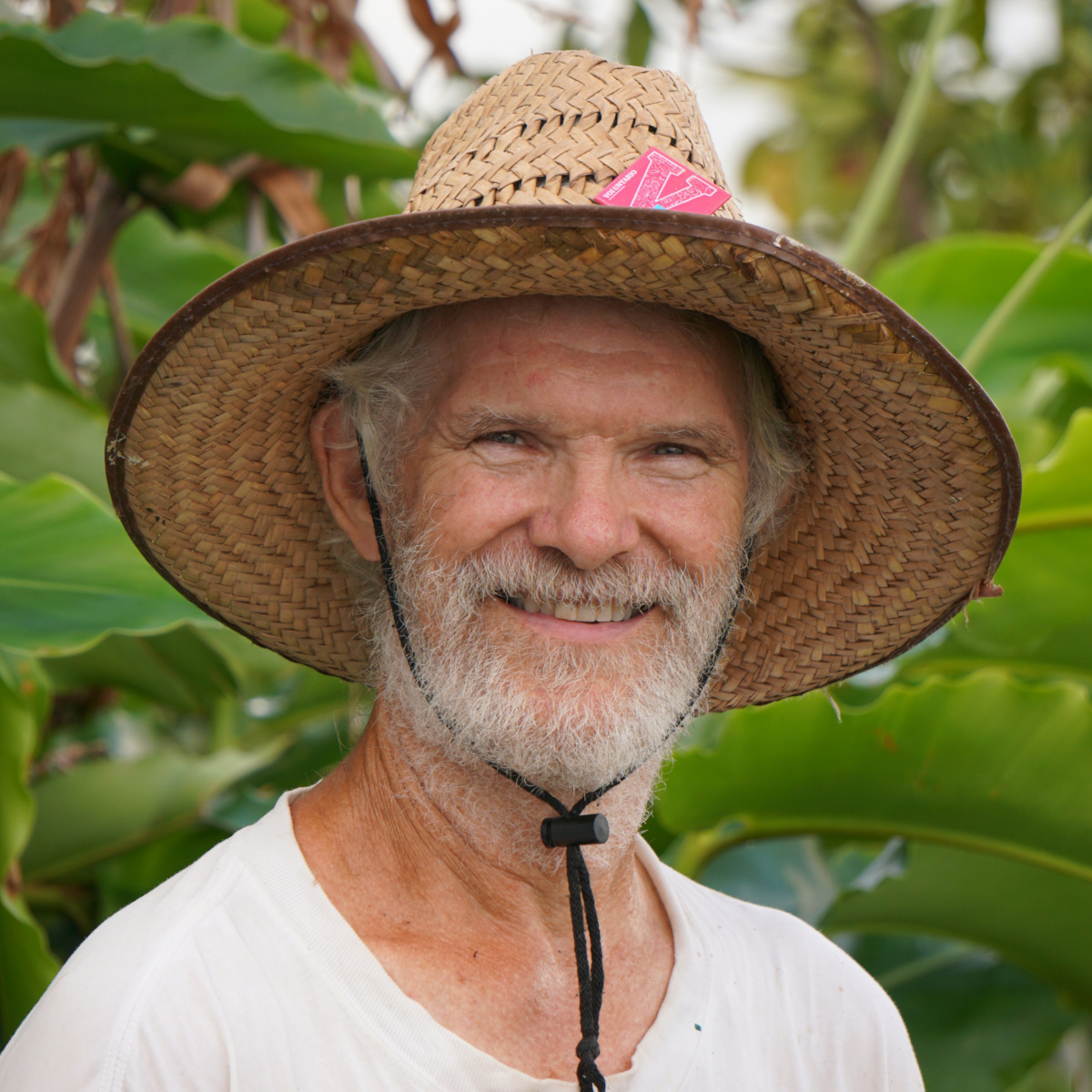

Tthis is perhaps good news, but it does not amount to a change of course, unfortunately. If we have passed peak emissions, it is still a long way from net-zero emissions. Like if you pass your peak rate of overspending your salary, but you are still continuing to go farther into debt. Even when you get to parity between salary and expenditures, you will STILL have the accumulated debt and in the case of CO2, that debt is wreaking ecosystem destruction. Do not cheer this news.



you want proof that accumulated carbon dioxide is causing environmental destruction?! https://www.ipcc.ch/report/ar6/syr/downloads/report/IPCC_AR6_SYR_SPM.pdf